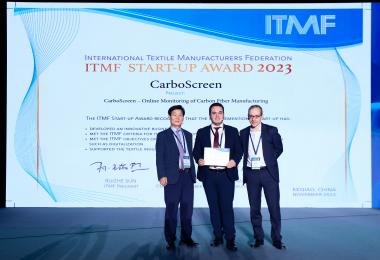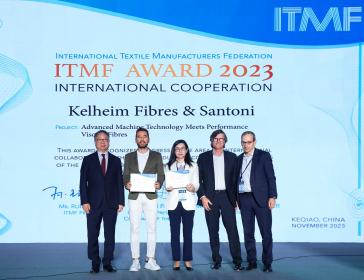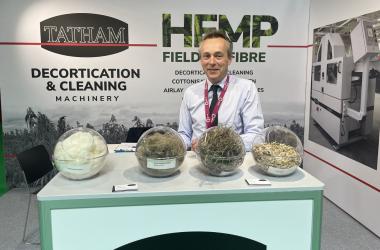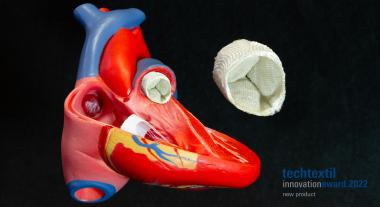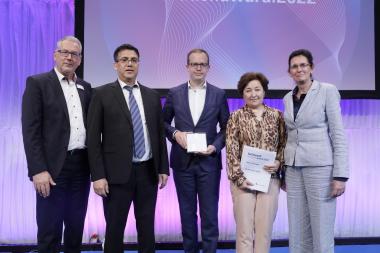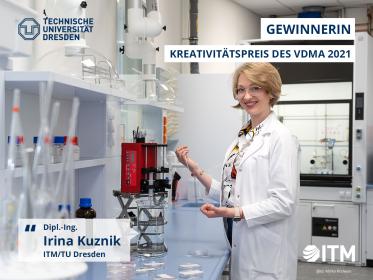Trützschler: Holistic approach to textile recycling
Trützschler expanded their portfolio to become the first full-liner in the preparation of textile waste – from mechanical recycling to the spinning preparation of torn secondary fibers.
The TRUECYCLED solution is the result of their cooperation with the company Balkan Textile Machinery INC.CO. in Turkey, which they announced at the ITMA 2023 trade event in Milan. Since then, Trützschler has received many inquiries for recycling systems.
Success with a systems approach
Recycling systems face significant technological challenges. On average, torn fibers are much shorter than virgin fibers. The percentage share of short fibers in the fiber mass is much higher. Unopened yarn and fabric particles are also difficult to process. Not surprisingly, much academic and practical research is currently conducted to find solutions for these problems. Dr. Georg Stegschuster, a researcher specializing in textile recycling, believes a systems approach is needed. He is working at the Recycling atelier, a model factory for mechanical recycling in Augsburg, Germany, which is committed to delivering the latest technological insights for textile recycling. “A perfect fine-tuning between tearing and spinning preparation is key for obtaining the best possible quality results and avoiding unnecessary fiber shortening,” he says. “This can be achieved if you are in control of both processes – and have the necessary expertise for both processes too.”
Gentle but effective
In some cases, for example, it may be advantageous to have less aggressive settings in the tearing line. This can help avoid unnecessary fiber shortening. The remaining higher share of unopened fabric must then be handled in a high-performance spinning preparation line. This starts with the right blow room configuration for perfect opening, cleaning and blending. A card that is specially designed for recycling materials, such as the new TC 30Ri, can also enable gentle but effective treatment of fibers.
A shortened drafting process is also a must. The integrated draw frame IDF 3 can make this possible. The draft is high enough to provide excellent levelling of the numerous short fibers, but low enough to prevent floating fibers.
Full-liner in mechanical recycling and preparation of textile waste
Trützschler now offers a complete system covering the whole process, from cutting and tearing textile waste through to carding and drawing secondary fibers. Thanks to this holistic approach and Trützschler’s expertise for the whole process, manufacturers can avoid unnecessary fiber shortening.
Trützschler Group






